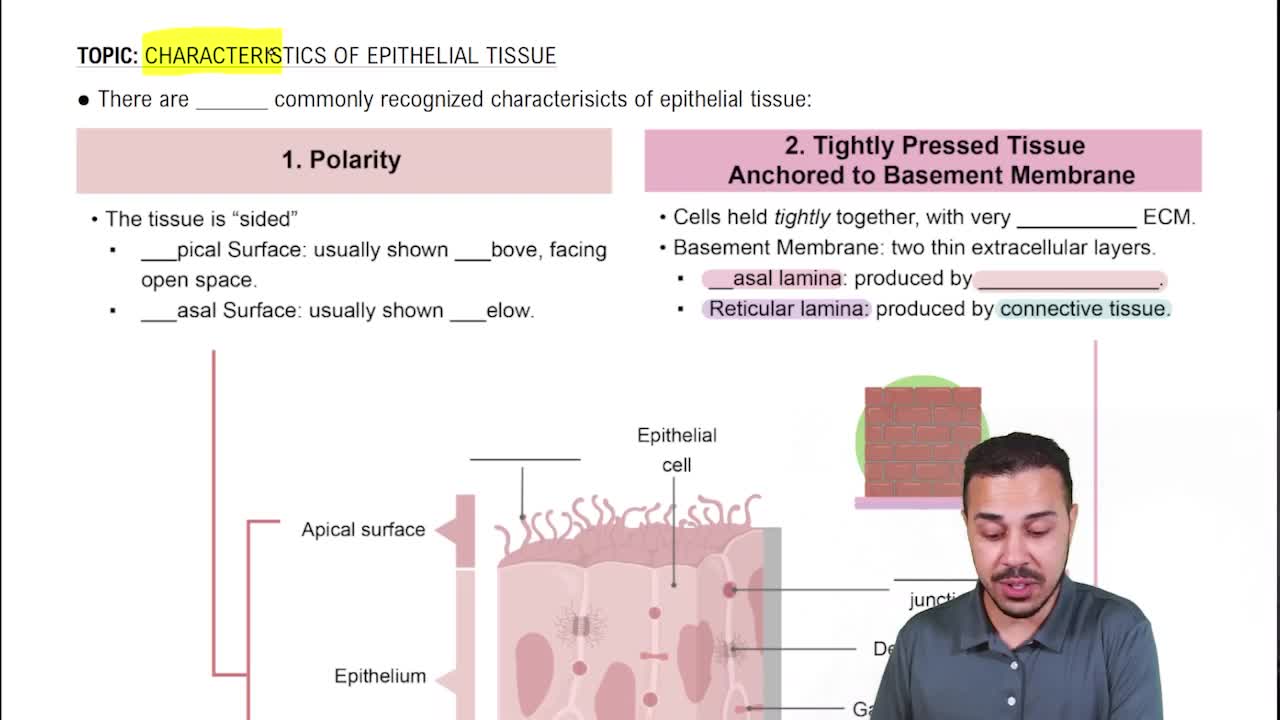Multiple Choice
At the end of the lymphatic system, lymph is returned to the _________; specifically to the ___________.
866
views
21
rank
 Verified step by step guidance
Verified step by step guidance Verified video answer for a similar problem:
Verified video answer for a similar problem:



 7:2m
7:2mMaster Types of Lymphatic Vessels with a bite sized video explanation from Bruce Bryan
Start learning